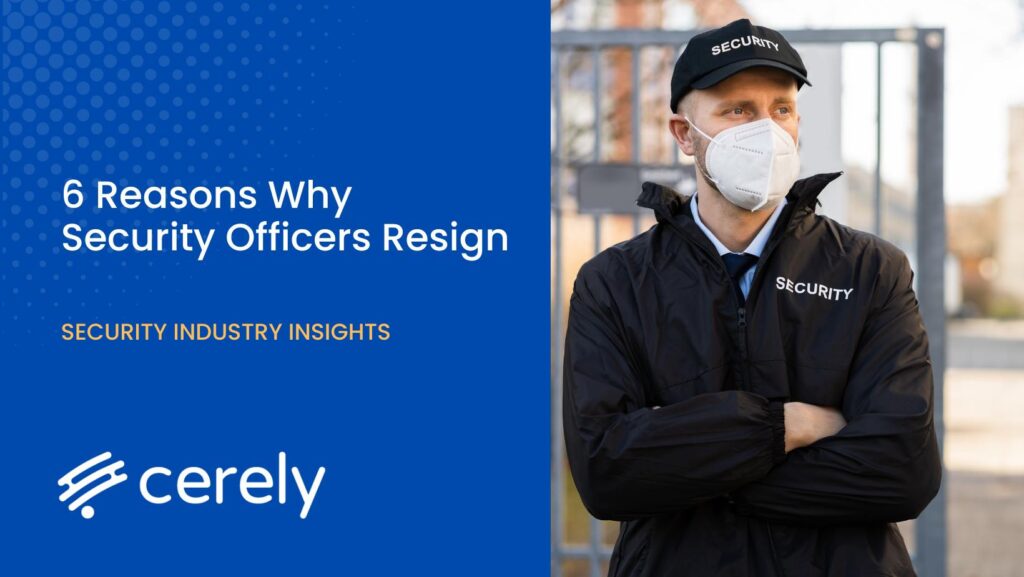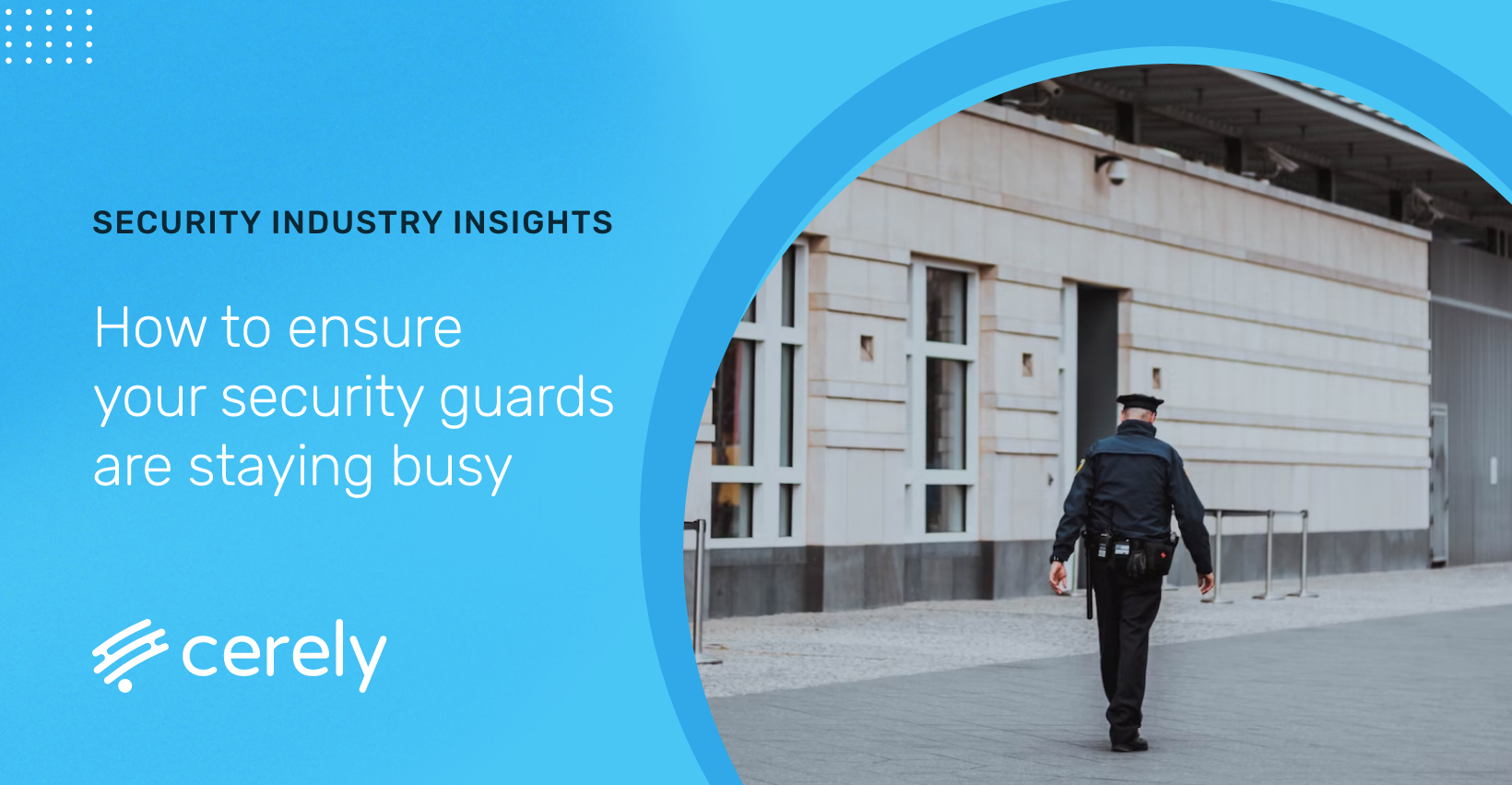Are you a security manager struggling to retain guards? You’re not alone! Security guard retention is one of the biggest challenges facing managers in the security industry. Many guards leave after just a few months, making long-term staff retention difficult and costly. But why do they quit so quickly? We’ve put together this blog post to help uncover some of the reasons behind that high-security guard turnover rate—so you can finally put an end to your staff retention woes!
Read on for insight into why security guards are quitting and what you can do as a manager to keep them around for longer.
1. High-stress levels
One reason why security guards quit is because of high-stress levels. Security guards are often required to work long hours, sometimes overnight shifts, and deal with various stressful situations. Additionally, security guards may be required to deal with difficult people or handle dangerous situations.
2. Lack of career advancement opportunities
Another reason why security guards quit is that there are often no career advancement opportunities available. Once a security guard has been hired, they are typically stuck in the same position with no opportunity for promotion or raises. This can lead to boredom and a feeling of stagnation in one’s career.
3. Poor working conditions
Another reason why security guards quit is because of poor working conditions. Security guards often work in uncomfortable or dangerous environments, such as standing outside in cold weather or patrolling a dark parking lot or doing crowd control. Additionally, security guards may have to work long hours with little to no break time.
4. Unhappy with the salary
Another reason why some security guards quit is because they need a higher salary average hourly wage for security guards in Australia is $31.54 per hour or $61,500 per year as of 2022. In this case, some security officers result to finding a new job that provides the compensation they need or work on earning certifications and other licences that could increase their pay.
5. Mistakes in pay and rostering
Guards leave due to mistakes in their pay. Many tend to feel offended from not being paid the correct rates when advised, not paid correctly for a shift or their hours vary too much.
Sometimes managers will promise guards minimum hours but they do not give them to the guard due to their rostering system not alerting them. This causes some security officers to transfer to a different company.
6. Feelings of isolation
Finally, security guards quit because they can often feel isolated from the rest of the world. When working overnight shifts or patrolling remote areas, security guards can feel like they are cut off from the rest of humanity. This isolation can lead to feelings of loneliness and depression.
How to prevent your security guards from quitting
Security managers have a lot to manage, and unfortunately, errors in pay, benefits, communication issues, and overworked employees are all too common. But with the right support, these issues can easily be resolved! For example, Cerely’s efficient workforce management software can help streamline workflow processes – and their reliable payroll system feature ensures employees always receive accurate pay.
On top of that, improved communication lines are essential for keeping everyone informed – here’s where Cerely can also lend a helping hand by facilitating more effective remote communication. Lastly, when it comes to work hours, no one should ever be overworked – thankfully this is something managers can easily address by managing shift patterns using the clever Cerely workforce management system.




